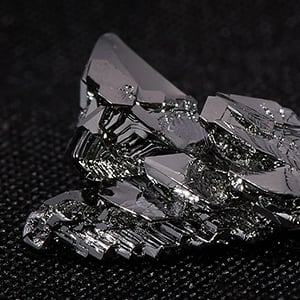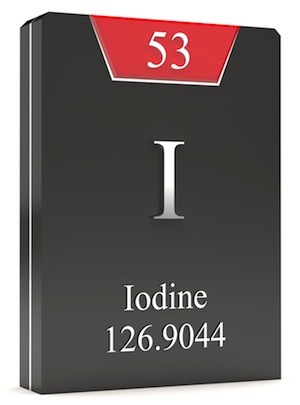Many people know that vitamin B12 supports normal energy levels and that vitamin C can help the immune system, but what do you know about manganese? It doesn’t have the star power of other nutrients like calcium, iron, or potassium, but it’s still essential and vital to your health. Manganese, which is stored in the bones, kidneys, and pancreas, is a trace mineral, meaning your body needs very small amounts of it, but that doesn’t make it any less important. Rather, the human body requires it for many important functions.[1] […]







